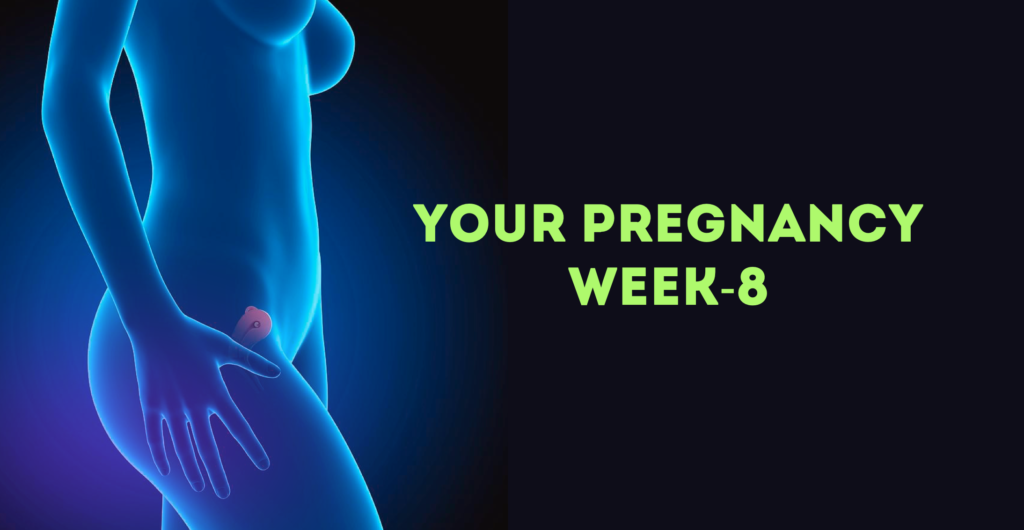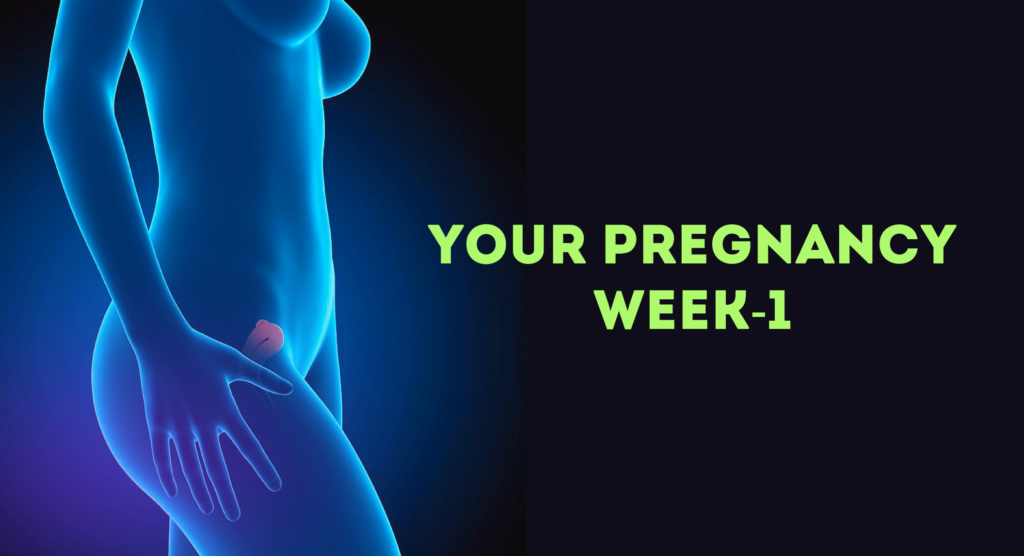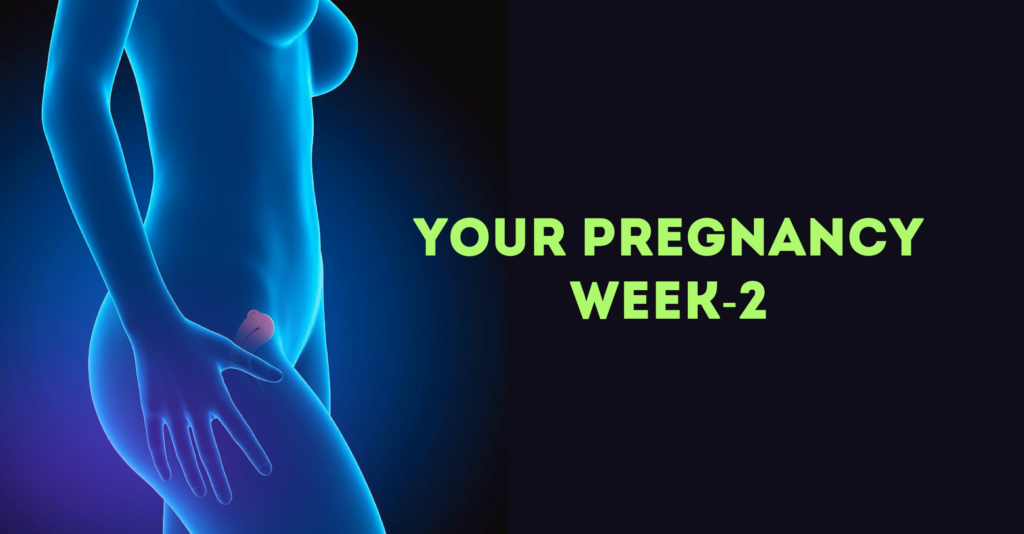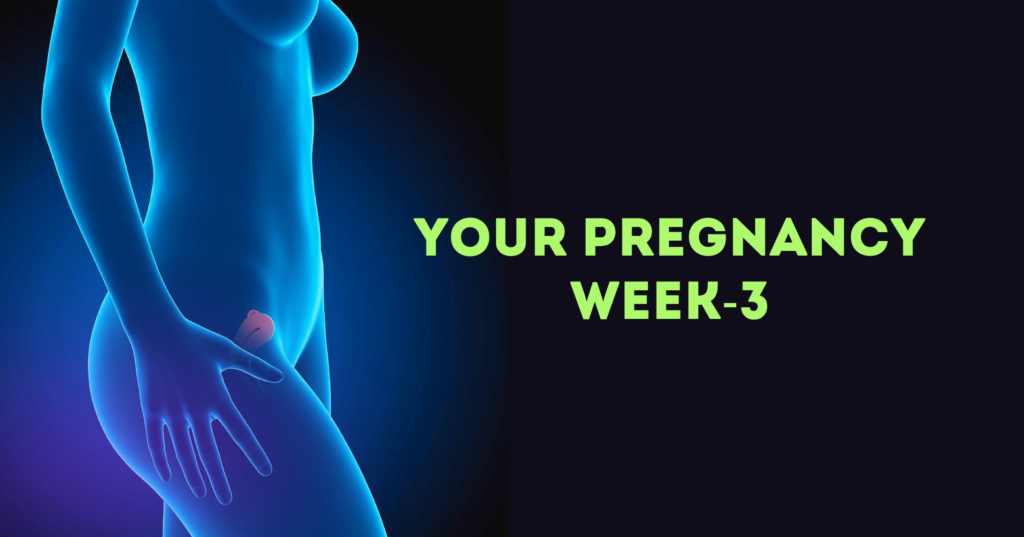At 8 weeks pregnant, you’re nearing the end of the second month of your pregnancy journey. This is a significant time for both you and your developing baby, as many important developments are taking place. Here’s everything you need to know about what to expect during week 8 of pregnancy.
Key Takeaways at 8 Weeks Pregnant
- Your baby is now the size of a raspberry and is growing rapidly.
- You might experience stronger pregnancy symptoms due to rising hormone levels.
- The first ultrasound might be scheduled, giving you a glimpse of your baby.
- It’s essential to continue with your prenatal vitamins and maintain a healthy lifestyle.
Pregnancy Symptoms During Week 8 and How to Manage Them
As you reach the 8th week of pregnancy, hormonal changes are in full swing, which may cause various symptoms, including:
- Morning Sickness: Nausea and vomiting may intensify during this period. To manage morning sickness:
- Eat small, frequent meals to keep your stomach settled.
- Avoid foods with strong odors and keep some crackers by your bedside.
- Ginger tea and vitamin B6 supplements might help ease nausea (consult your doctor first).
- Breast Changes: Your breasts may become more sensitive, swollen, and tender due to hormonal changes.
- Wearing a comfortable, supportive bra can help reduce discomfort.
- Fatigue: Feeling exhausted is normal, as your body is working hard to support your baby’s growth.
- Prioritize rest and take short naps during the day if possible.
- Maintain a balanced diet with protein and iron-rich foods to boost your energy levels.
- Increased Urination: The growing uterus puts pressure on your bladder, causing more frequent trips to the bathroom.
- Stay hydrated, but try to limit fluids close to bedtime to avoid nighttime trips to the bathroom.
- Mood Swings: Hormonal changes can also lead to emotional ups and downs.
- Practice stress-relieving activities like yoga or meditation, and talk to your partner about how you feel.
8 Weeks Pregnant Is How Many Months?
At 8 weeks pregnant, you are about 2 months into your pregnancy. The first trimester is well underway, and though it’s still early, many crucial developments are happening to both you and your baby.
Baby Development at 8 Weeks
Your baby is undergoing significant growth and changes this week:
- Size: Your baby is now about the size of a raspberry, measuring approximately 0.63 inches (1.6 cm) in length. He may weigh about .73 ounces.
- Heart and Circulatory System: The heart is beating at a rate of 150-170 beats per minute, which is almost twice as fast as yours.
- Respiratory system: Your baby’s respiratory system is forming. Breathing tubes extend from your baby’s throat to the branches of their developing lungs.
- Limbs and Facial Features: Tiny arms, legs, fingers, and toes are beginning to form. The facial features are becoming more defined, with the eyes, nose, and lips taking shape.
- Nervous System: Nerve cells in the brain are developing rapidly, and the nervous system is starting to function. A network of nerves is spreading through your baby’s body, making connections not only with each other but also with muscles and other tissues, as well as organs like the eyes and ears.
- Bones: Bones are starting to develop, although they are still soft and flexible.
- Baby movements: Your baby start to move at about 7 to 8 weeks and are visible on ultrasound. You won’t feel your baby move until sometime between 16 and 22 weeks, though. Until then, your baby’s movements aren’t strong enough for you to notice.
Your Pregnant Belly at 8 Weeks
At 8 weeks, your belly may not yet be showing a noticeable bump, but you could still experience some bloating and a slight increase in your waistline. As your uterus grows to accommodate your baby, you might feel some mild cramping, which is normal.
Pregnancy Checklist at 8 Weeks Pregnant
Here’s a checklist to help you stay on track during week 8 of your pregnancy:
- Schedule Your First Prenatal Appointment: If you haven’t already, make sure to book your first visit to the healthcare provider.
- Continue Prenatal Vitamins: Take your daily prenatal vitamin, especially those containing folic acid, to support your baby’s development.
- Eat Nutritious Foods: Focus on a balanced diet that includes proteins, whole grains, dairy, and fresh fruits and vegetables.
- Stay Active: Light exercises like walking or prenatal yoga can help reduce stress and keep you fit.
- Track Symptoms: Note down any symptoms you experience to discuss them with your healthcare provider.
To-Do’s for DAD
Dads-to-be have an essential role in supporting their partner through pregnancy. Here’s how they can help:
- Learn About Pregnancy: Understand what your partner is going through by reading about pregnancy symptoms and changes.
- Be Supportive: Offer help around the house and be understanding if your partner is feeling tired or emotional.
- Attend Prenatal Visits: Accompany your partner to prenatal check-ups to stay informed about the baby’s development.
- Healthy Habits: Encourage a healthy lifestyle by cooking nutritious meals and joining in on light exercises.
Frequently Asked Questions
1. What should I avoid during the 8th week of pregnancy? Avoid consuming alcohol, smoking, and limiting caffeine intake. Also, steer clear of raw or undercooked meats, unpasteurized dairy, and certain fish high in mercury.
2. Is cramping normal at 8 weeks pregnant? Mild cramping is normal as your uterus expands to make room for your growing baby. However, if you experience severe pain or heavy bleeding, contact your healthcare provider.
3. Can I have an ultrasound at 8 weeks pregnant? Yes, your doctor might schedule a first-trimester ultrasound to check the baby’s heartbeat and confirm the pregnancy. This is also when you might get to see your baby for the first time.
4. How can I manage morning sickness at 8 weeks? Eating small, frequent meals, avoiding spicy or greasy foods, staying hydrated, and using ginger-based products can help manage morning sickness. Speak to your healthcare provider if your nausea becomes severe.
Conclusion
At 8 weeks pregnant, your baby is growing rapidly, and your body is undergoing significant changes to support this development. It’s essential to stay informed, maintain a healthy lifestyle, and attend all prenatal check-ups. Partners play a vital role in supporting this journey, so involve them in every step.
If you have any concerns or experience any unusual symptoms, don’t hesitate to contact your healthcare provider for guidance and support.



